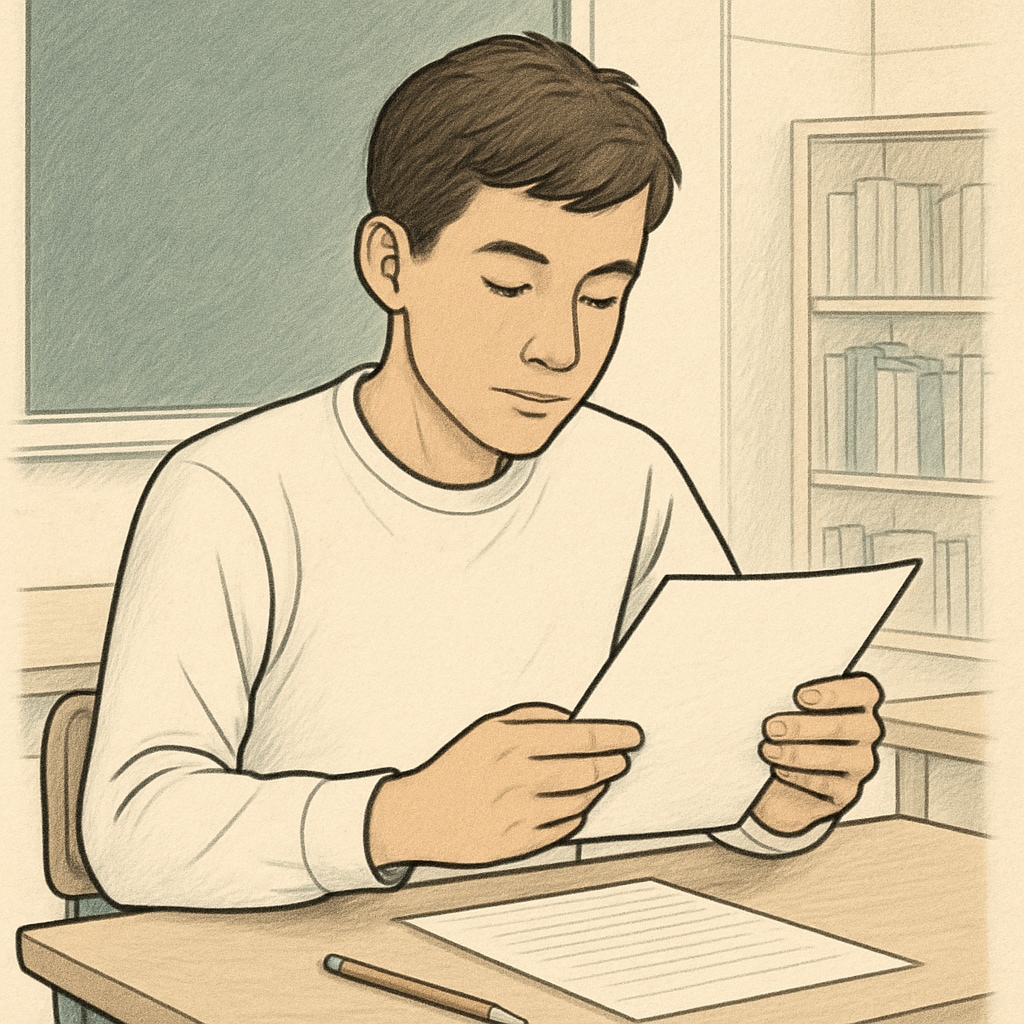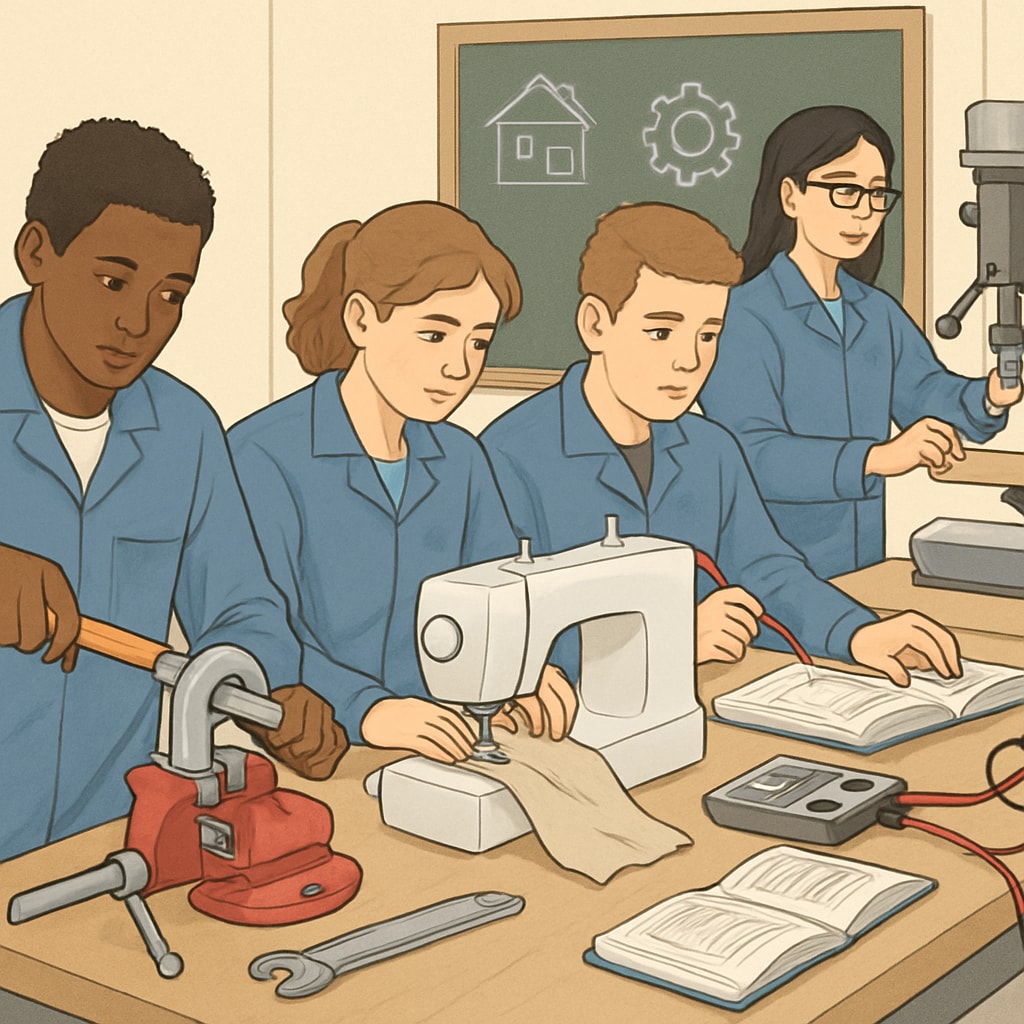For many students, the arrival of GCSE results can be a moment of both excitement and trepidation. When those results fall short of expectations, the immediate reaction often includes feelings of academic anxiety and uncertainty about career prospects. While these emotions are valid, it’s important to recognize that exam grades are only one aspect of a person’s potential. By embracing alternative learning pathways and redefining success, students can rebuild their confidence and chart a fulfilling career path.
Understanding the Emotional Impact of Academic Disappointment
Disappointment following GCSE results is a common experience, especially when the outcomes don’t align with a student’s goals or perceived efforts. This can lead to emotional distress, including feelings of inadequacy, fear of judgment, and worry about the future. Academic anxiety, which encompasses these feelings, can hinder students’ ability to think clearly about their next steps.
However, it is crucial to normalize these emotions and give students the space to process them. According to mental health resources like Mind UK, acknowledging feelings of disappointment is the first step toward emotional recovery. Parents, teachers, and peers can play a supportive role by encouraging open discussions and offering reassurance that grades do not define one’s worth.

Redefining Success Beyond Academic Grades
Academic achievements, while important, are not the sole measure of success. Many successful individuals have achieved greatness through unconventional paths, proving that skills such as creativity, resilience, and adaptability often outweigh academic qualifications alone. For students who struggle academically, exploring alternative avenues like vocational education or practical training can offer new opportunities to excel.
For example, BTEC (Business and Technology Education Council) qualifications provide hands-on, practical learning tailored to specific industries. These programs enable students to acquire skills directly applicable to the workforce, offering a rewarding alternative to traditional academic routes. Vocational qualifications also help students identify their strengths and interests, which can lead to meaningful and sustainable careers.
Exploring Alternative Career Pathways
Students concerned about their career prospects after disappointing GCSE results may feel reassured by the wealth of alternative pathways available. Here are some options to consider:
- Vocational Courses: Programs like BTEC focus on industry-specific skills, ranging from business and engineering to creative arts.
- Apprenticeships: Combining work experience with formal training, apprenticeships allow students to earn while they learn.
- College Diplomas: Many colleges offer diploma programs that provide an alternative to A-levels, often with a focus on practical skills.
- Online Learning: Platforms such as Coursera and Udemy offer certifications in a variety of fields, enabling students to expand their knowledge independently.
These pathways not only provide an opportunity for career development but also help students rediscover their sense of purpose and value. According to Britannica, vocational education plays a crucial role in preparing individuals for specific careers, making it a viable option for students with diverse academic abilities.

Conclusion: Building Resilience and Looking Ahead
While GCSE results may feel like a pivotal moment, they do not dictate a person’s future. By addressing academic anxiety and exploring alternative career pathways, students can move beyond the confines of traditional academic expectations and discover new opportunities for growth.
Ultimately, success is not defined by a single exam but by the ability to adapt, persevere, and pursue meaningful goals. Whether through vocational education, apprenticeships, or personal development, students have the tools to build a bright and fulfilling future.
Readability guidance: This article uses short paragraphs and lists to enhance readability. Active voice and transitional phrases ensure a smooth flow, while diverse vocabulary avoids monotony. Images are strategically placed to provide visual context and break up textual content.


